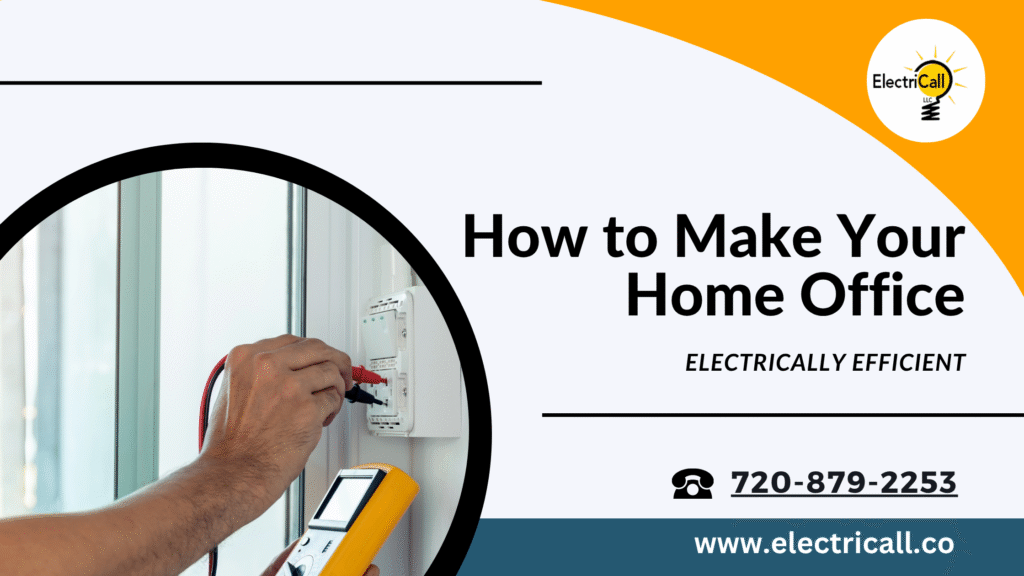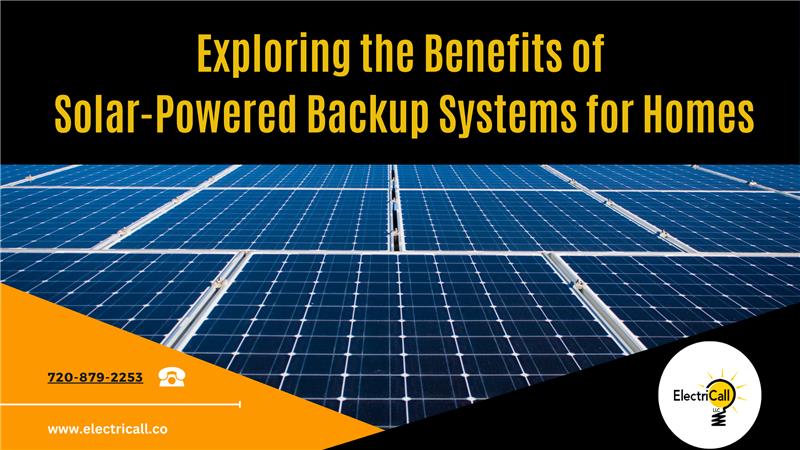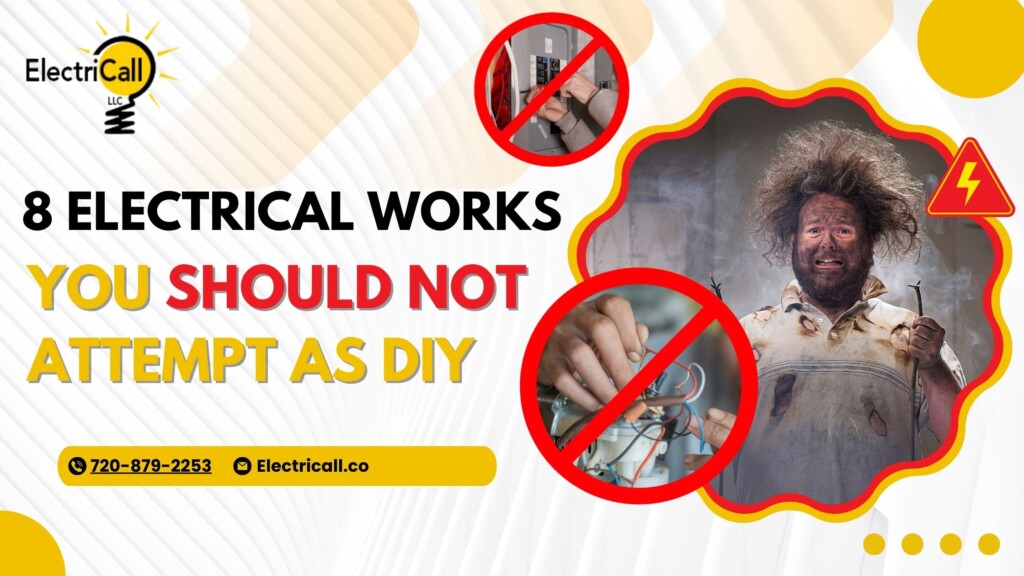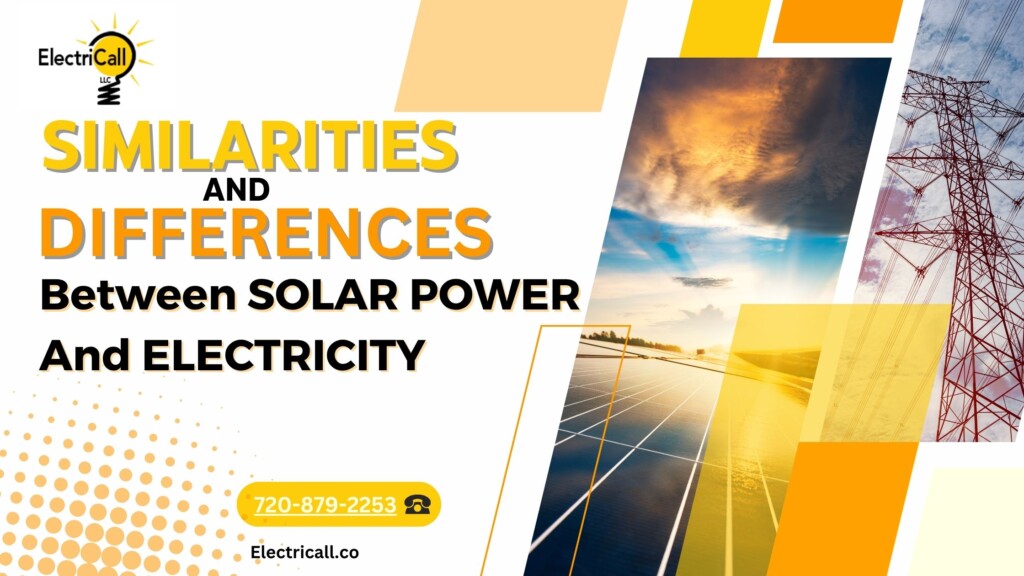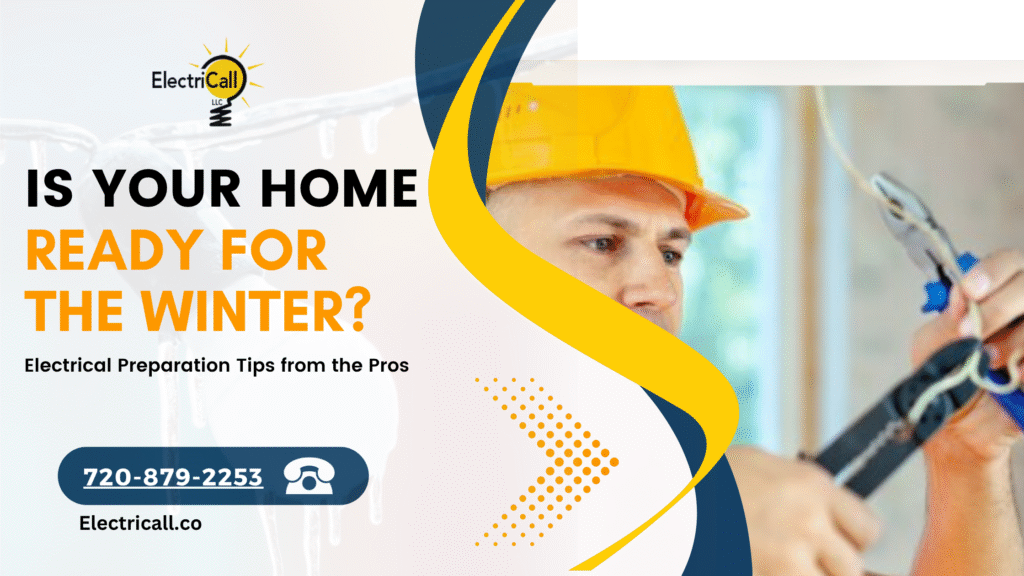
Homeowners must prepare their homes for changing temperatures, especially during winter. The chilly weather can be tough not only for the residents but also for the home’s electrical system since there will be an increase in energy demand. This can lead to safety hazards, power outages, and higher utility bills.
The continuous use of the HVAC, appliances, and holiday decorations increases the stress on the electrical system. To help ensure your home remains safe, comfortable, and energy-efficient during the winter season, we’ve compiled some expert tips on electrical preparation during the cold weather. These tips and steps will safeguard your home from unexpected electrical hazards.
Learn these home electrical safety tips for winter, to ensure a worry-free and energy-efficient winter season.
Why Winter Electrical Preparation Is Crucial
Compared to other seasons or temperatures, cold weather has a significant effect on the home’s electrical system. When the temperature plummets, the heating system works overtime. The electrical wirings become brittle and strained causing short-circuiting, electrical shock, and malfunctioning of appliances.
When you winterize your home electrical system, it becomes protected from sudden major problems and keeps your home running smoothly all winter. It gives peace of mind knowing you’re secure and comfortable during the cold season.
Home Electrical Safety Tips For Winter
Both the comfort and safety of your family are crucial when it comes to electrical systems, and so it is vital that your home electrical components can handle all the demands that will keep your family comfortable and secure. These steps can increase your comfort, and safety, and ensure your home is in top shape:
- Inspect and maintain the electrical panel
The electrical box directs the power to every circuit in the house, making it the heart of the electrical system. Before the cold weather begins, inspect the electrical panel for scorch marks, rust, or wear and tear. Make sure the panel is good and working properly to avoid electrical fires due to overheating or a sudden power outage.
- Check the electrical wirings for damage
Electrical wirings can get brittle and damaged during cold temperatures. Inspect all exposed wirings for wear and tear. If there are any issues, it’s best to call a professional energy-efficient heating electrician to assess and address them.
- Protect all electrical components and outlets
The power outlets, lights, and especially the holiday decorations pose risks during the winter season because of moisture and snow. Make sure the outdoor outlets are covered and weatherproofed. Use outlet enclosures to protect the outlets from getting wet. Installing Ground Fault Circuit Interrupters (GFCIs) is also highly recommended to ensure the outlets will automatically trip once moisture or a foreign object is detected, preventing electrical shock and other accidents.
- Maintain and test the smoke detectors
Many house fires happen during the winter season because of electrical faults and heating equipment malfunctions. It is best to maintain and test the smoke detectors regularly before the cold weather begins. Replace the batteries and fix their components and, if necessary, upgrade to a newer model of smoke detector.
- Avoid overloading the circuits
The increased use of household appliances, holiday decorations, and heat systems may overload the home’s electrical system. Make sure the circuits and outlets can handle the high-wattage of each appliance and equipment. Install new sockets and surge protectors where possible to avoid straining the circuits.
- Install energy-efficient heating systems
Winter electrical preparation often involves maintenance or installation of energy-efficient systems including heating. Having this in your home will help manage the household’s energy cost and ensure the electrical circuits are not being overloaded even with continuous use of the heating system.
- Schedule electrical inspections
Avoiding expensive electrical issues during the winter season is difficult if you don’t perform the necessary electrical preparations. Start winterizing the home electrical system by scheduling maintenance from an expert electrician. Professionals will inspect and assess the electrical boxes, electrical wirings, and outlets, and check the appliances to determine potential issues or serious problems.
A proactive approach is important to avoid electrical-related problems and risks that may end up in costly repair or replacement.
Energy-Efficient Heating Options for the Winter
During the winter season, our priority in the house is shifted to keeping it warm and safe. Getting your home ready for the winter involves ensuring energy-efficient heating systems are in place. Here are some options to consider for winter electrical preparation.
- Smart thermostats
To help save on future expenses and have an efficient energy monitoring system, a programmable or smart thermostat in your home is a great idea. Installing this will allow homeowners to set specific temperatures and times, making sure the heating system is only running when needed. The temperature and timer feature minimizes wasted energy while ensuring a comfortable home.
- Use space heaters
If you are likely to spend more time in one room, the use of a space heater will do. Space heaters are designed to keep a targeted area or space in the house warm, cutting back on energy consumption.
- Upgrade insulation and seal gaps
While not an electrical system solution, improving the insolation of the home and sealing gaps can have a significant effect on the electrical system. Poor insulation makes the heating system work harder, and adding insulation to the walls, floors, or attic, will allow the warmth inside to remain and reduce energy consumption.
- Efficient heat pumps
A heat pump can make the entire home warm without using excessive energy. Modern and highly efficient heat pump models are designed to effectively transfer heat from the outside into the home even during cold weather.
- Energy-efficient boilers
If your home has hydronic heating, often baseboard heaters or radiators, switching to an energy-efficient boiler can give so much advantage to your home as it can reduce heating costs and, with advanced technology, deliver heat more efficiently with less wastage.
- Ductless mini-split heat pumps
This type of heat pump is more efficient compared to traditional methods since they do not rely on ducts. When heat is transferred through ducts, some heat escapes or is lost. The ductless mini-split heat pumps deliver both heating and cooling for homes that are ductless or for additions in houses where the installation of ducts is impractical.
- Floor heating
This type of system delivers even and comfortable warmth directly through the floor. These are often installed by energy-efficient heating electricians in kitchens and bathrooms. This system can be used and connected with other existing heating systems in the home to provide consistent and energy-efficient temperatures.
Ensure Your Home Is Ready For The Winter
As an Arvada electrician, we have helped numerous households prepare food during the cold season. We carry out residential electrical maintenance for winter and installation of energy-efficient devices, as well as address the repairs needed to ensure the home runs smoothly.
Making your system ready for the demands of winter by scheduling maintenance, inspecting systems, and addressing essential repairs and upgrades will save you stress and future expenses. Preparing now will help you have a worry-free winter.
